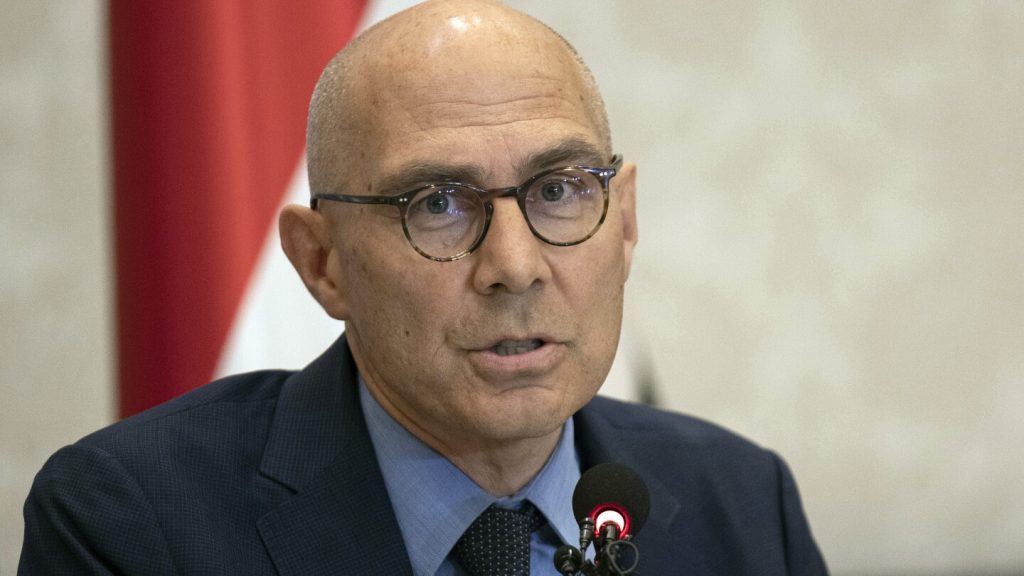The United Nations has called for a thorough investigation into the mass graves uncovered at two major hospitals in Gaza that were raided by Israeli troops. U.N. spokesman Stephane Dujarric emphasized the importance of credible investigators having access to the sites, as well as the need for journalists to be able to report on the facts safely in Gaza. U.N. human rights chief Volker Türk expressed horror at the destruction of the hospitals and the reported discovery of mass graves, calling for independent and transparent investigations into the deaths. He also emphasized that hospitals are entitled to special protection under international humanitarian law, and the intentional killing of civilians is considered a war crime.
The U.S. State Department has also expressed concern over the reports of mass graves at the hospitals, with spokesman Vedant Patel calling the situation incredibly troubling. U.S. officials have asked the Israeli government for information regarding the matter. The Israeli military has stated that they exhumed bodies that Palestinians had buried earlier as part of their search for hostages captured by Hamas. The military claims to have killed or detained hundreds of militants who had taken shelter inside the hospital complexes, although these claims could not be independently verified. The Palestinian civil defense in Gaza reported uncovering 283 bodies from a temporary burial ground inside the main hospital in Khan Younis that was built during the Israeli siege last month.
The Palestinian health sector in Gaza has been severely impacted by the hospital raids and the ongoing conflict, as the mounting death toll continues to strain resources. The issue of who should conduct an investigation into the mass graves remains uncertain, with Dujarric stating that one of the U.N.’s major bodies would need to authorize it. The chief prosecutor of the International Criminal Court, Karim Khan, has expressed that investigating possible crimes by Hamas militants and Israeli forces is a priority for his office. Dujarric highlighted the importance of a cease-fire, greater access for humanitarian efforts, protection for hospitals, and the release of Israeli hostages in light of the grave discoveries.
The conflict in Gaza was triggered by a Hamas attack that killed approximately 1,200 people, mostly civilians, and abducted around 250 hostages. Israel responded with an air and ground offensive aimed at eliminating Hamas, resulting in the death of over 34,000 Palestinians, according to local health officials. The majority of those killed were children and women, and the offensive has led to a humanitarian crisis, with around 80% of the population fleeing to other parts of the besieged enclave. The devastation caused by the conflict underscores the urgent need for a resolution and increased humanitarian support for the people of Gaza.


